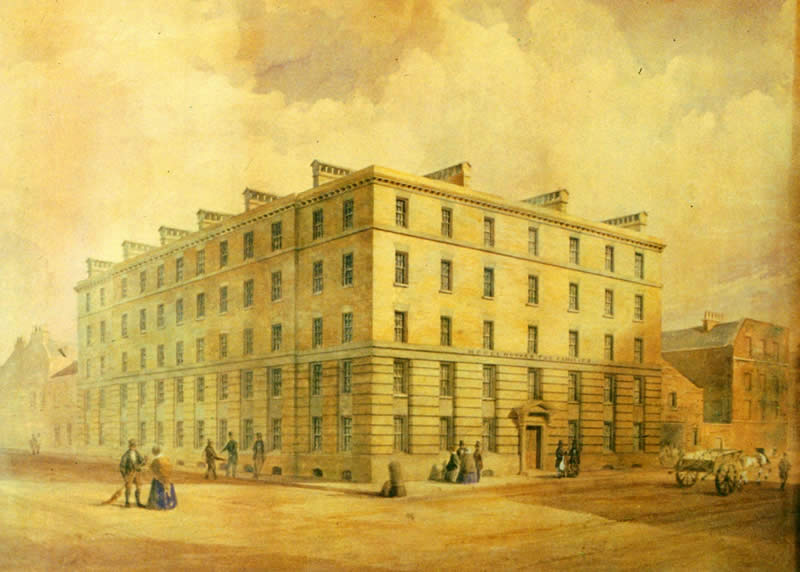Henry Roberts (1803-76), pioneer of philanthropic housing

James Stevens Curl
The post-Waterloo period was one of profound social change, as the Evangelical Conscience began to prick, leading to many reforms and increasing awareness of the appalling conditions in which the ignorant and poor barely existed. Several philanthropic societies were formed to endeavour to improve matters by example, and one of the most effective was the Society for Improving the Condition of the Labouring Classes, supported by both Queen Victoria and Prince Albert, and having a good smattering of the Great and Good among its active members. One of the Society’s aims was to built model dwellings for the deserving poor which would set standards of hygiene for years to come, and Henry Roberts was its Honorary Architect, responsible for published designs that were copied in their thousands throughout the country. His urban apartments were superbly designed, and he successfully managed to get both the window-tax and taxes on building materials abolished, thereby enabling far more to be done to build exemplary models, including the four apartments erected at Prince Albert’s expense for the Great Exhibition lof 1851. Based on researches carried out in London and thoughout England, in France, in Germany, and in Italy, this lecture reveals the story of a remarkable man whose views on housing should be heard today. For example, he warned that building societies and mortgages would simply inflate the prices of housing, taking far too great a percentage of any family’s income, and that it was the worst possible solution to housing provision, in fact not a solution at all.
This lecture describes Roberts’s career, his involvement with the Society, and his sudden fall from grace.

 LinkedIn
LinkedIn  Wikipedia
Wikipedia